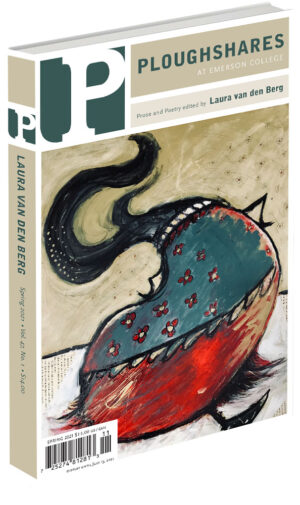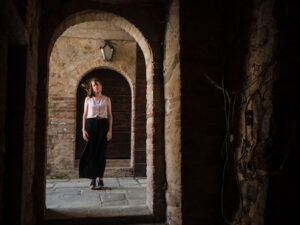Introduction
In Lost Children Archive, Valeria Luiselli writes: “I suppose that documenting things—through the lens of a camera, on paper, or with a sound-recording device—is really only a way of contributing one more layer, something like soot, to all the things already sedimented in a collective understanding of the world.”
I’m writing this introduction in the final days of 2020, in the aftermath of a year that has altered our landscapes in profound ways, while also casting an even brighter light on the violences that continue to go unaddressed. Whenever writing fiction felt, for me, daunting, impossible, useless, I found myself returning to the notion of “contributing one more layer”—that this attempt, humble though it may be, remained a worthy, in fact, essential, enterprise.
It was a privilege to read the many outstanding poems and stories sent my way as this issue gradually came together. The page count could have easily been two or three times as long—making the final selections was often excruciating. As I read, I spent a great deal of time thinking about that act of contributing one more layer—what it means, in my understanding, what it could mean—and found myself gravitating most powerfully toward work that opened new and thrilling and difficult portals in consciousness and language, in sensibility and world. To work that is equally alert to the now and to the eternal. I paid attention to the twists-of-phrase and images and acts that sank into my bloodstream, that would randomly surface as I walked my dog or loaded the dishwasher. That stayed and stayed.
Literature has much to tell us about where we are, where we’ve been, and where we might go next. As I write to you at the edge of the new year, I write from a space of grief and also of hope. Not hope that our world will return to (unequal, cruel) “normal”—but that we will emerge into a landscape that is more change-receptive than before, where transformation can replace incremental adjustment, where new realities are truly possible.
At its core, literature is perhaps about simultaneously engaging with the past, with the ugliness and strangeness and wonder of history, while also creating new shapes on the page—opening new conversations about the human experience, imagining new futures, new ways of relating to the world. In all of the works included in this issue, I felt the awesome gale-force of imagination blowing through the lines and the sentences; I felt possibility; I felt a meaningful augmentation to the collective understanding taking place.
Literary journals across the country and the world are hosting vital dialogues. They are taking chances that mainstream publications are not. Thank you, dear reader, for being part of this critical ecosystem. My wish is that this issue, whenever you happen to meet it, will offer some welcome doses of bewilderment, humor, revelation, courage, connection, and hope.

